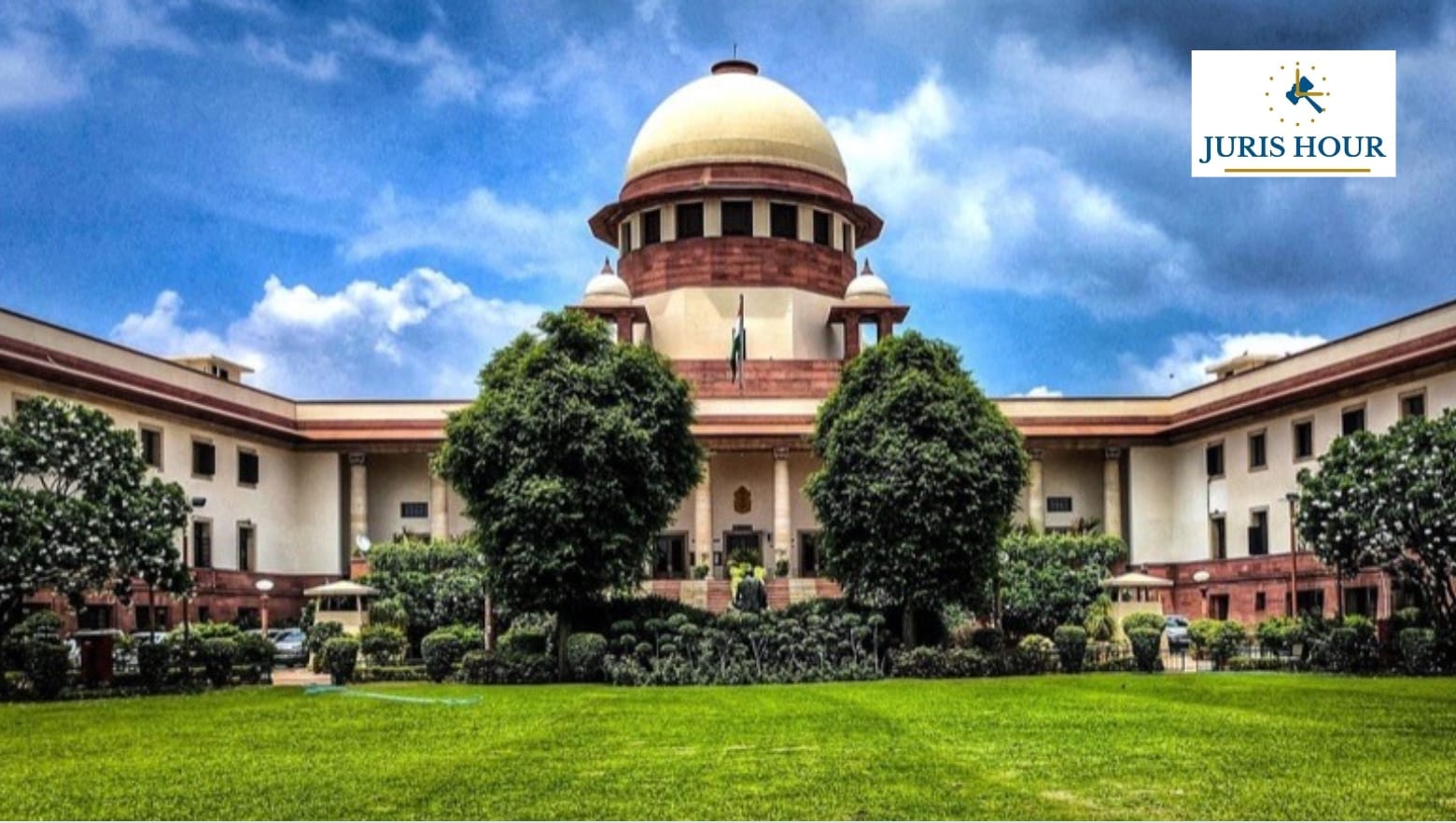The Supreme Court held that the liability to pay arrears of property tax can’t arise prior to acquisition of ownership.
The court said that the Respondent would fall in the category of Section 139(1)(b)(iii) of GPMC Act 1949 being the owner of the property. It is clear and undisputed that the Respondent had purchased the said property from another Respondent. Therefore, till 03.09.2015, the “person primarily liable to make payment” from a co-joint reading of Sections 139 and 140 of the GPMC Act 1949 was the lessor of the said property.
The court observed that the High Court was thus correct in observing that Respondent was liable to pay property tax from the date of acquisition of ownership.
The court observed that 75% of the due amounts as per the bills raised by the Appellant-Corporation for the AYs 2010-11 and 2011-12 stand deposited before Civil Court, Rajkot in Municipal Appeal, securing a major portion of the liability subject to outcome of the appeals where the Appellant Corporation, being a party thereto and is contesting, cannot be permitted to take double benefit. Moreover, in case the said appeals get dismissed, the deposited amount would eventually be paid to the Appellant Corporation. This would result in a situation where the Appellant-Corporation would have a sum deposited in its favour equivalent to over and above the actual outstanding amount.
The bench opined that the order directing refund by the High Court stands justified considering the peculiarity of the facts and circumstances.
Facts
This Appeal challenges the Order passed by High Court of Gujarat wherein the Appellant being Rajkot Municipal Corporation was directed to refund a portion of the property tax, which was paid by the Respondent, Avenue Super marts Limited. Respondent had assailed the demand raised by Appellant-Corporation seeking payment of property tax for the Assessment Year 2015-16 along with outstanding arrears of such tax dues amounting to INR 2,97,02,324/- . As a consequence to the non fulfilment of aforesaid payment of dues by the predecessor-in-interest holder of the property, the premises were sealed on 21.03.2016 with prior indication to the Respondent.
Submissions
The Appellant-Corporation contended that the Order directing the refund of property tax is contrary to the provisions of Sections 139 and 140 of the Gujarat Provincial Municipal Corporation Act, 1949.
It was argued that a Commissioner, by virtue of Sub-Section (1) of Section 140 of the GPMC Act 1949, is empowered to recover such outstanding property tax dues from an occupier where a person primarily liable to pay the tax, after being duly served with demand notice, has failed to make the payment thereof.
it was contended by Respondent that the property in question which is a commercial complex was acquired via Deed of Conveyance from its predecessor in-interest. Respondent would be liable for the payment of property tax from the date of acquisition of ownership and not for any period before this date, as affirmed by the High Court.
Conclusion
The court dismissed the Appeal.
Case Details
Case Name: RAJKOT MUNICIPAL CORPORATION v/s STATE OF GUJARAT AND ORS.
Citation: CIVIL APPEAL NO. 7873 OF 2024
Court: Supreme Court of India
Judge: Justice Abhay S. Oka And Justice Augustine George Masih
Decision Date: 09/08/2024



